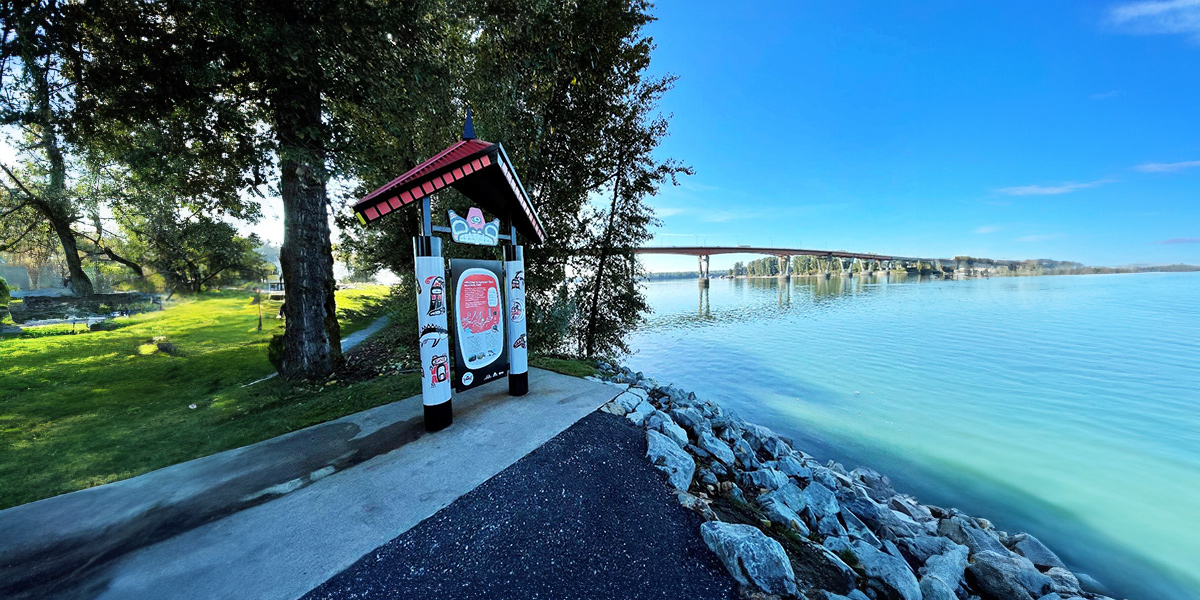Trans Canada Trail’s Statement on PEI’s Confederation Trail

As the custodian of the world’s longest trail network, Trans Canada Trail takes great pride in stewarding, supporting and advocating for greenway trail sections across Canada – including Prince Edward Island’s Confederation Trail – that facilitate non-motorized uses such as cycling and walking.
The provincial government recently announced a consultation process to secure public input on the Confederation Trail. During this consultation, some have raised the idea of permitting motorized vehicles, including all-terrain vehicles (ATVs), on the Trail. Together, with our provincial and local trail groups, we have participated in the consultation process, and encourage the wider trail community to do so as well.
Trans Canada Trail has a long history of partnership with and contributions to the Confederation Trail. Since 1995, we have contributed $2.5 million to 55 different projects and initiatives on the Island.
So where do we stand? We are advocating for the Confederation Trail to remain a greenway, meaning that we would like to see the existing motorized vehicle ban upheld. We have written to the Minister of Transportation to share this perspective and to outline our concerns that any change to the existing policy would have a detrimental impact on trail user experience, trail infrastructure, trail quality, and in turn, on the tourism and economic development generated by the Trail.
Our recent study on the benefits associated with the Trans Canada Trail indicates that trail users spend money on goods and services related to active recreational activity during their trips, which generates additional economic activity in the regions surrounding the Trail, and supports local jobs and businesses. Nationally, this economic activity contributes to $13 billion in spending every year; as a province-wide greenway trail system, the Confederation Trail (and the communities it passes through) play a significant role in ensuring the continuation of those economic benefits. Permitting motorized vehicles on the Confederation Trail risks compromising the pristine and peaceful environment that makes it a leading trail tourism asset, ultimately altering the experience for visitors and threatening the economic impact of a thriving tourism industry.
We are also concerned that allowing motorized vehicles on the trail could lead to significant changes in maintenance requirements and cost, as we have seen in other jurisdictions in Canada. Due consideration must be given to how ATV use will impact trail infrastructure to ensure it remains viable and safe for all users.
As dedicated partners, we extend our collaborative hand to the community leaders and decision makers on Prince Edward Island to ensure the Confederation Trail remains a harmonious space that connects people to nature, communities, and the province’s rich recreational and cultural offerings. However, Trans Canada Trail, in partnership with trail groups and communities in PEI – and the rest of Canada – is steadfast in its commitment to protecting and increasing the number of designated greenways to enhance the safety and enjoyment of non-motorized trail users.
We know that the decision regarding permitted uses on the trail ultimately rests with Islanders. We appreciate the opportunity to share our knowledge, skills and research, and to participate in the policy review process.
We would be pleased to extend any necessary support to preserve the unique charm of the Confederation Trail and its important contribution to quality of life and economic prosperity on Prince Edward Island – today and for generations to come.
Eleanor McMahon
President & CEO of Trans Canada Trail

















